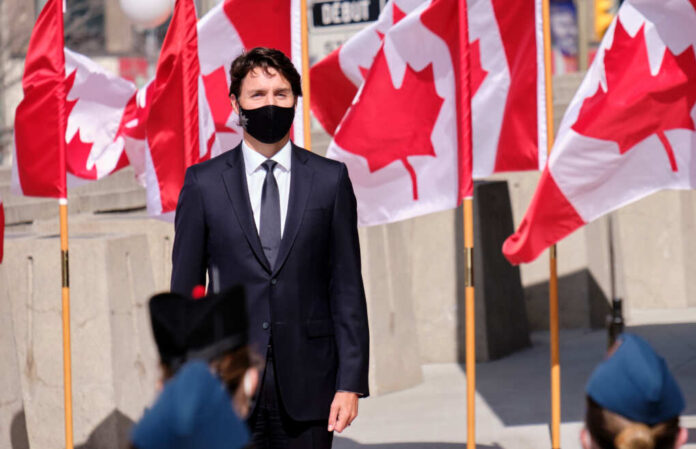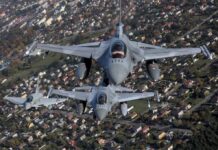
Canada announced on October 20 that 41 diplomats serving in India were being recalled as tensions between the two nations have escalated in recent months. Canadian Prime Minister Justin Trudeau said the diplomats had been called home after an “unprecedented” threat by India to strip them of diplomatic immunity.
India responded, saying the decision to remove diplomatic protections was motivated by “meddling in national affairs” and a goal of reaching parity with the number of Indian diplomats in Canada. There are now an equal number of diplomats represented in each country.
Tensions have risen recently after Trudeau publicly accused India of being responsible for the assassination of a separatist Sikh leader in Canada earlier this year. Hardeep Singh Nijjar was gunned down by masked assailants at his home in June. Nijjar was the chief of the Khalistan Tiger Force, a militant group seeking an independent state for Sikhs in the Punjab region of India. India declared the group a terrorist organization in February.
#Canada recalls 41 diplomats, #JustinTrudeau says India making life hard for millions
Political Analyst @CBCTerry speaks to News18, says "The real issue is whether India was involved in Nijjar's murder or not. Rest of it is all noise."#World360 @akankshaswarups pic.twitter.com/dHSQQfC9rM
— News18 (@CNNnews18) October 22, 2023
Canada is a member of the Five Eyes coalition that also includes the U.S., U.K. Australia, and New Zealand. The coalition works together on intelligence-gathering operations for mutual benefit. Trudeau has claimed that intelligence provided through the Five Eyes group indicates the hit on Nijjar was sponsored by Indian government agents.
India has called the accusation “ridiculous” and denies having any involvement in the killing of the separatist leader. Both Canada and India expelled a top diplomat immediately after Trudeau made the accusation. The decision to remove diplomats is not unheard of. Russia and the U.S. recently removed numerous diplomats as tensions between the two countries have risen.
In response to India’s threat to remove protections, Trudeau said that Canada would not retaliate. He informed the public that it is his belief that having a robust diplomatic mission is vital to helping citizens of both countries and that expelling the diplomats from India will only cause more problems.
India and Canada have both invoked aspects of the 1961 Vienna Accords in the conflict over diplomats. Canada claims the right to have as many diplomats in India as they feel are necessary, while India points to sections of the agreement that give host nations the right to restrict the number of foreign diplomats.
A spokesperson for the Indian government has said that issues with the diplomats who were threatened with losing immunity stem from interference in governance, but did not provide details. Nijjar was considered the leader of the terrorist organization and was under Indian surveillance after posting pro-Khalistan information on social media. He had visited Punjab in 2012 or 2013 to meet with the former leader of the KTF who is now serving a life sentence for his involvement in the assassination attempt of an Indian politician.














